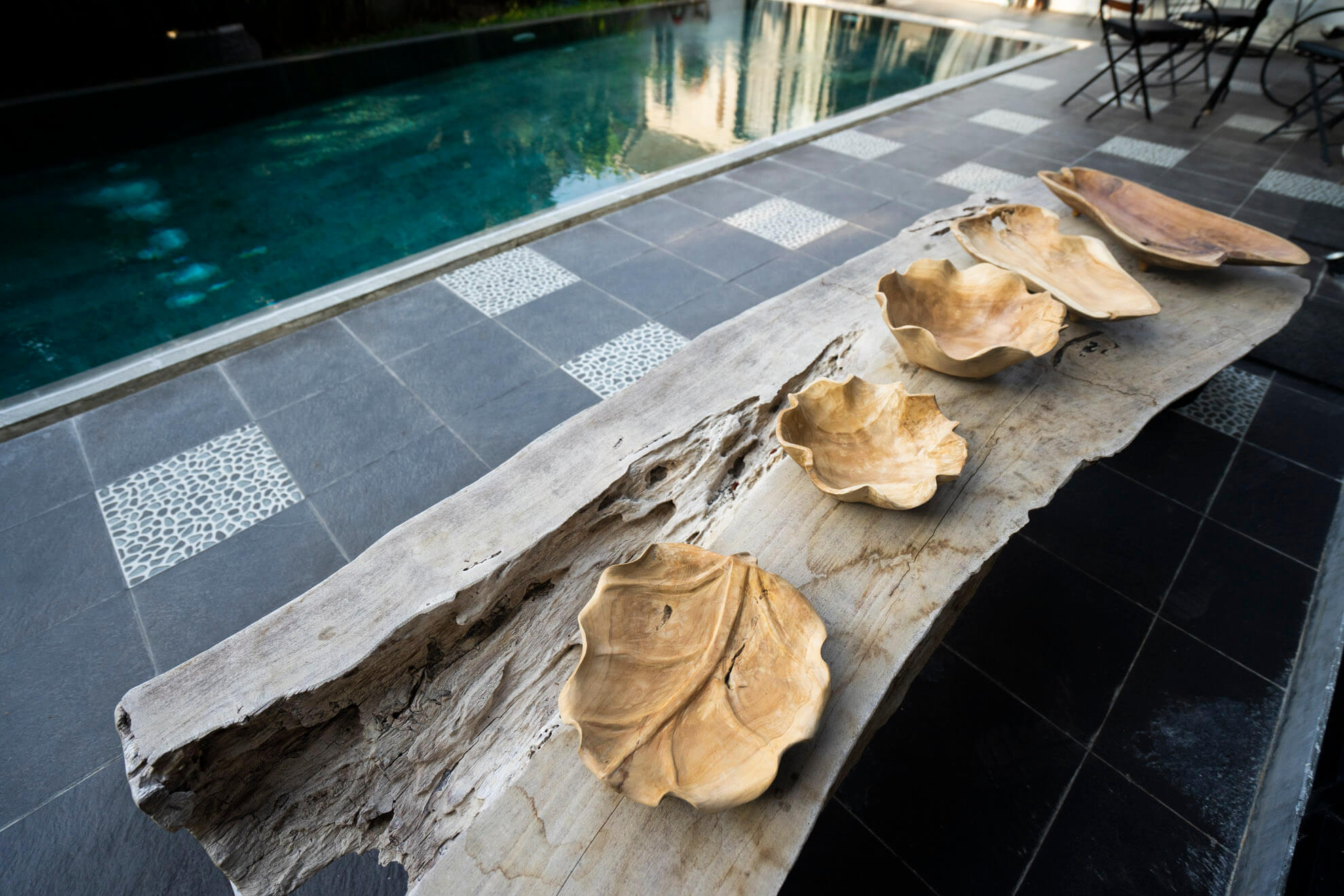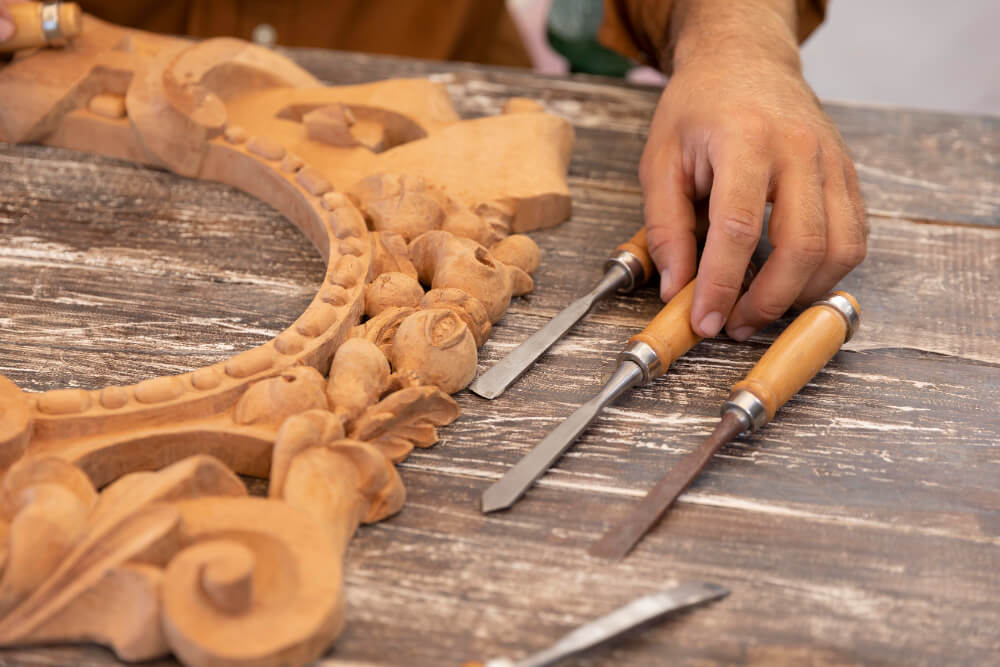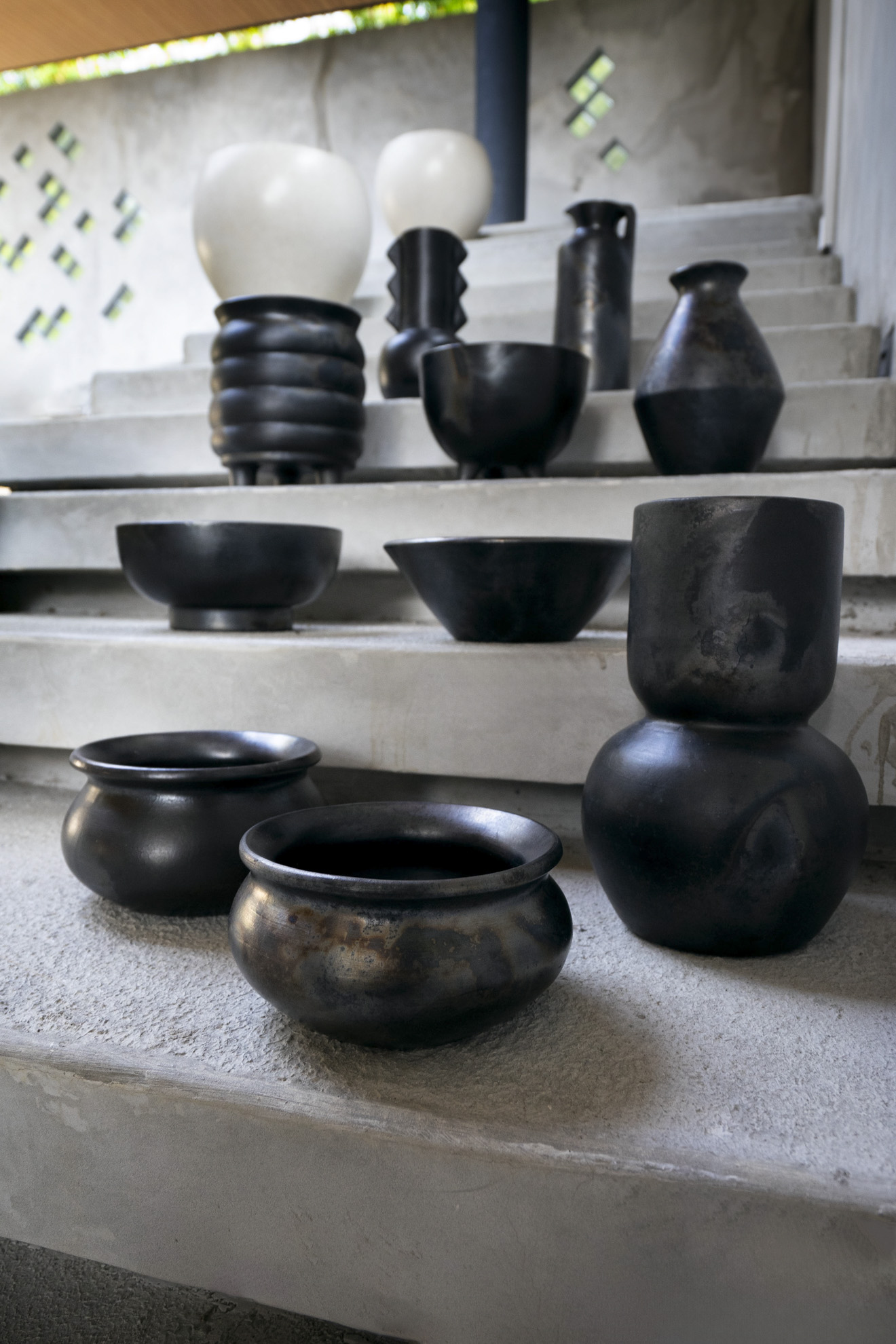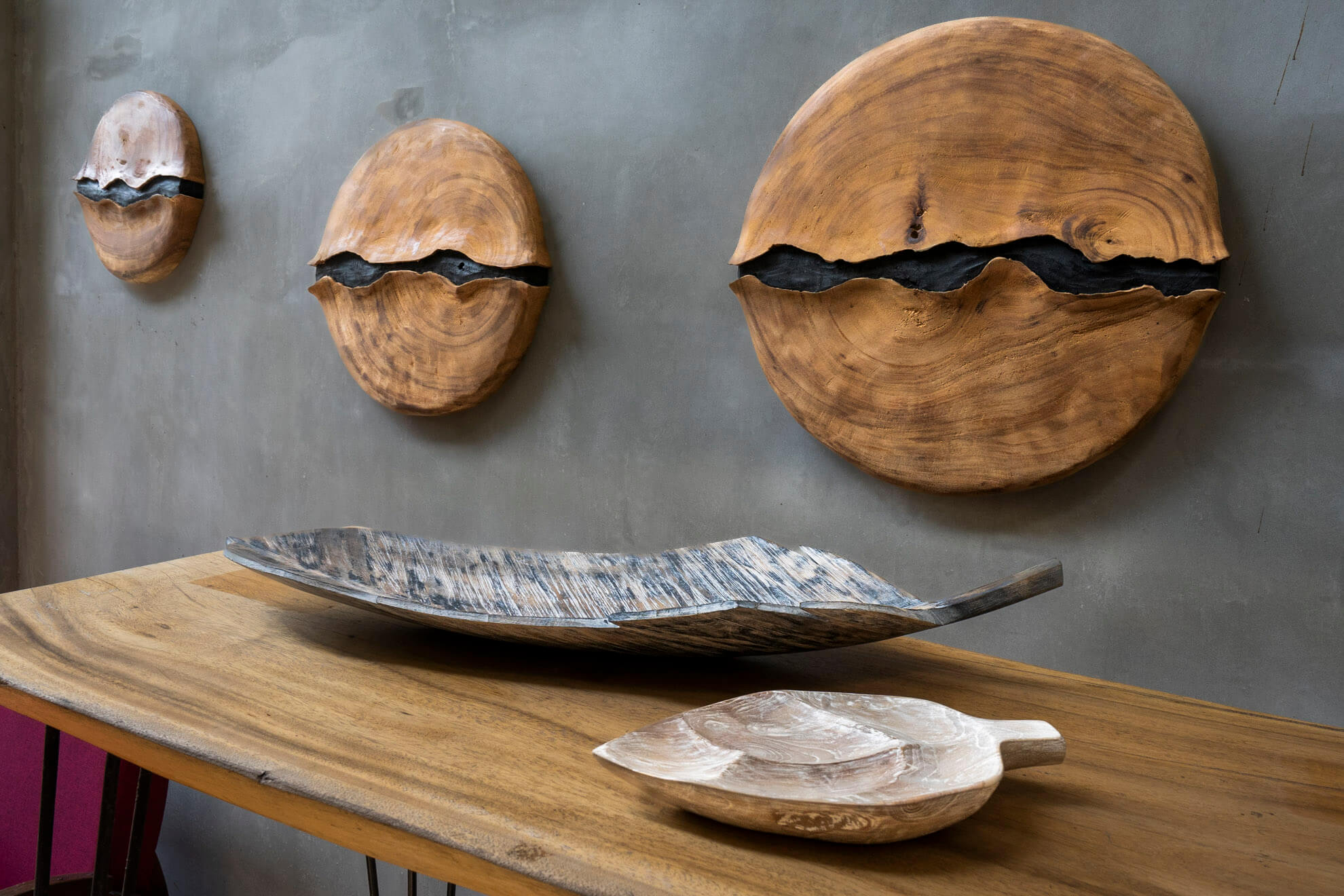As global awareness of environmental issues continues to grow, eco-friendly furniture is becoming increasingly popular among Indonesian consumers. People are now more conscious of the environmental impact of the products they use, pushing manufacturers to innovate and create furniture that is not only aesthetically pleasing but also sustainable.
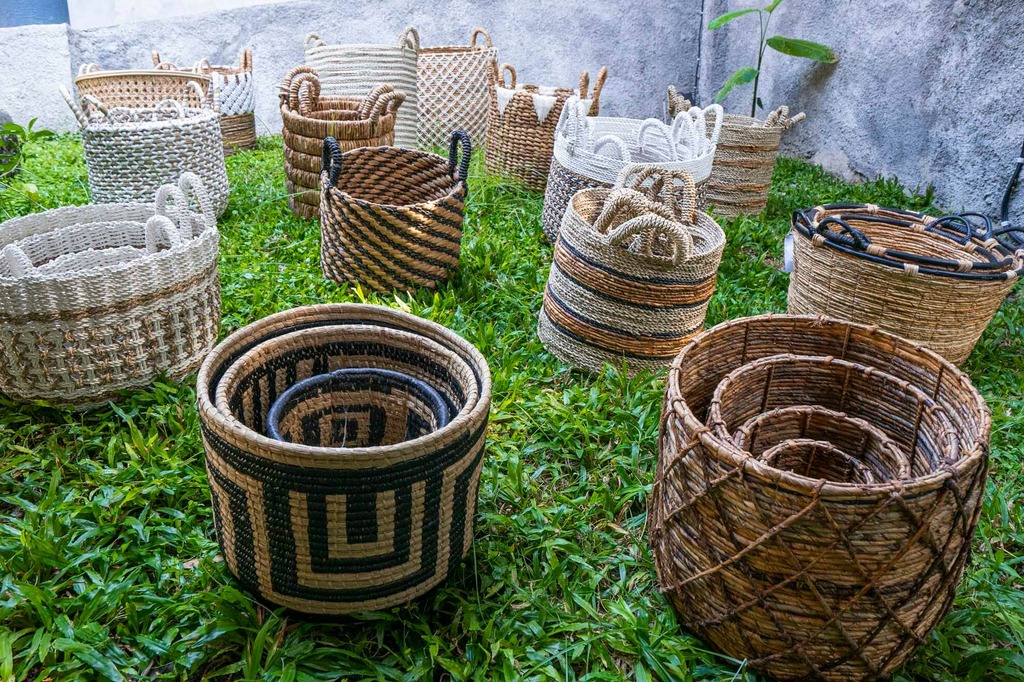
Sustainability Awareness and Legal Wood Certification
According to Eksotikart, the awareness of sustainable and environmentally friendly materials is not new. The implementation of the *Sistem Verifikasi Legalitas Kayu* (SVLK) in Indonesia marked an essential step in ensuring the legality of timber in the market. This system aims to combat illegal logging and the trade of uncertified wood. Similarly, in Europe, certifications like the *Forest Stewardship Council* (FSC) are becoming a standard to guarantee sustainable forest management and timber legality.
“Since the implementation of SVLK, raw materials such as wood and rattan used in furniture production have become increasingly assured in terms of sustainability,” stated a representative from Eksotikart.
Eco-Friendly Materials and Circular Solutions
Eco-friendly furniture typically relies on natural materials like wood, rattan, bamboo, water hyacinth, and pandan leaves. Additionally, recycled and waste materials, such as paper waste, corn husks, and invasive plants like water hyacinth, are being creatively transformed into valuable alternatives. “Using these materials not only reduces waste but also adds significant value to crafted products,” Eksotikart added.
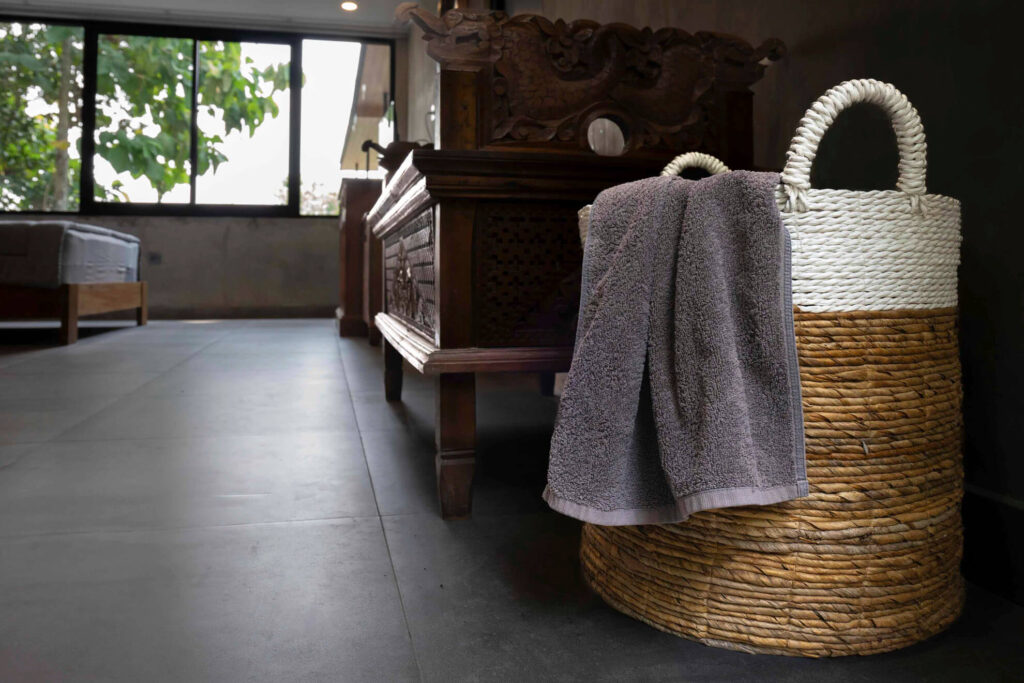
Driving Innovation in Design
The rise of eco-friendly furniture is fueling innovation in design and materials. Multifunctional products, such as sofas that convert into beds, have gained popularity as they maximize space and reduce the need for multiple furniture pieces. Eksotikart emphasized that their practices have long been aligned with these trends.
“We have always focused on utilizing environmentally friendly and sustainable raw materials. This trend is perfectly in line with what Eksotikart has been doing for years,” they explained.
Local Producers and Sustainability Efforts
Many Indonesian manufacturers, including Eksotikart, have taken concrete steps to integrate sustainability principles into their businesses. By sourcing timber from responsibly managed forests and collaborating with local artisans, they create unique furniture that also supports local economies.
A Future of Sustainable Choices
With growing environmental awareness among consumers, eco-friendly furniture is not just a passing trend but a significant step toward sustainability. Consumers are encouraged to make thoughtful choices when purchasing furniture, contributing to a healthier planet. As Eksotikart put it, “Initiatives like these add value not only to the products themselves but also to ecosystems and communities at large.”

